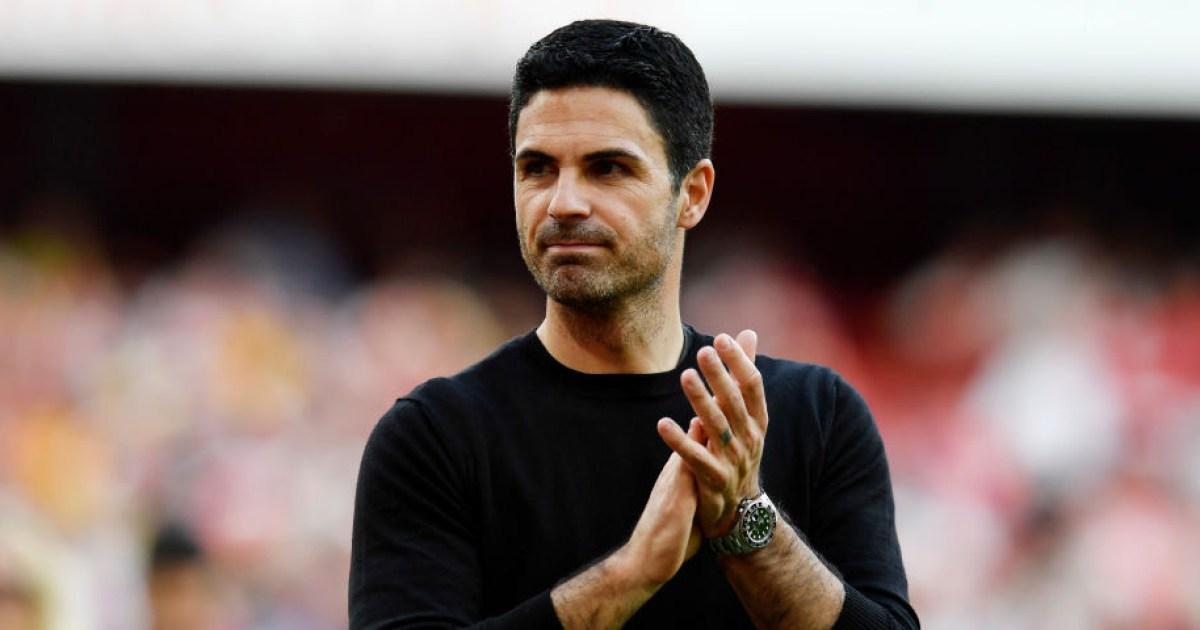Nothing about the men’s Six Nations is obviously cool or trendy. The respective kits don’t change much from one season to the next, the weather can be deeply average and there is no sign of Taylor Swift. The games are not always end-to-end thrillers and rugby union is notoriously a sport which struggles to appeal to all demographics in the way certain others do.
And yet, year after year, if you were to compile a list of the most gripping and emotional sporting contests the world’s oldest tournament is usually right up there. As was once again the case at the weekend. “Super Saturday” is the marketing tag for the fifth and final round of fixtures but for passion, excitement, gladiatorial combat and sheer “let’s be having you” delirium its immediate predecessor will be mighty hard to beat.
Admittedly it will have felt less super in Ireland and Scotland but therein lies the enduring beauty of the whole competition. In what other sporting universe, for example, could Italy lose 36-0 against Ireland before beating Scotland who beat England who have now beaten the Irish? All inside a few weeks when momentum is supposed to be king? If uncertainty of outcome is an essential pillar of great sport, the Six Nations rarely disappoints.
It also comes to something when England’s sensational 23-22 win against the previously unbeaten, grand slam‑chasing Ireland qualified as only the second most eye-catching result of the weekend. Imagine playing for Italy and clocking on each year knowing that a hard rain is probably going to fall. Now imagine how it must have felt at the final whistle on Saturday, having sealed a first win in Rome since 2013 in front of almost 70,000 spectators. Talk about La Dolce Vita.
Every neutral with an ounce of sporting soul will be delighted for the Azzurri. Not so long ago there was talk of Italy not being worth their place, of them diluting the tournament. It did not help when they shipped 96 points to New Zealand and 60 to France at the World Cup last autumn. Now, with some promising young talent emerging and a smart head coach in Gonzalo Quesada, they are finally starting to be recognised for something other than their wooden spoon collection.
The significance of that improvement, even if it is still in its relative infancy, cannot be overestimated. Rugby will be all but dead in 20 years if it does not try to open itself up to new audiences, fresh eyes and fertile imaginations. It needs chest-thumping colour, meaningful man hugs and constant jeopardy, not to mention a product more accessible to casual viewers. And if that is partially reliant on Scotland showing all the consistency and reliability of Tottenham Hotspur on a bad day, so be it.
Which brings us back to Twickenham. Or the revitalised temple of hope and enlightenment that it became on Saturday. Yes, the result was a huge plus for an England team looking to make a proper statement. Yes, it will feel massive to the players and coaches who had to endure the painful Murrayfield postmortems. In many ways, though, the crucial thing was the manner of the performance underpinning it. Brave, proactive, uplifting … the last time an English crowd danced to such a feelgood beat was in 2019 after the All Blacks had been floored in the semi-finals of the World Cup in Yokohama.
For seasoned England fans it was vaguely akin to reconnecting with a fondly remembered childhood sweetheart after a lengthy hiatus. Which often prompts two instinctive questions: why didn’t this happen earlier and what happens next? At the very least England’s future now has a clearer shape and purpose and a visit to “HQ” is in danger of becoming seriously fun again.
after newsletter promotion
There can certainly be no doubt that England have found a keeper in the second row in the shape of Leicester’s George Martin, whose hulking presence has also reinvigorated Maro Itoje. Ollie Chessum and Ben Earl were similarly influential in the back row while Alex Mitchell’s return at scrum-half raised the tempo from the off. Perhaps best of all, though, was the purpose and snap to England’s attacking game, with George Furbank, Manny Feyi-Waboso, Henry Slade and Ollie Lawrence combining to excellent effect. If there is still some debate to be had at fly-half – it will be fascinating to see whether Steve Borthwick goes the whole hog and selects Marcus Smith to start against France in Lyon – the desire to boldly go beyond where England have latterly gone with ball in hand is hopefully here to stay.
For that initiative alone, Borthwick deserves credit. His was not an easy inheritance and the frustration with England’s rate of progress was in danger of curdling. In the nick of time Felix Jones’s energetic defensive system is starting to have a tangible impact and, finally, Borthwick has a big win to wave at floating voters. In a results business like Test rugby, that should not be underestimated, particularly against an Ireland team who had been running away with the title. Andy Farrell’s side are still short odds to lift the trophy but immortality will now have to wait.
Once again, however, there is a wider narrative at play. For England, and Italy, it was about more than just winning. Their mission has been one of reconnection, of restoring faith and reviving the national mood. For reasons both historical and sociological, the Six Nations still has the power to do all those things. And on those special days when the rugby is just as glorious as the off‑field social carnival there is no finer team sport out there.







